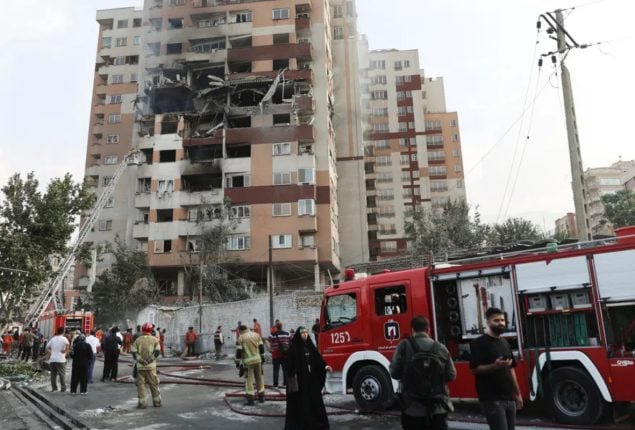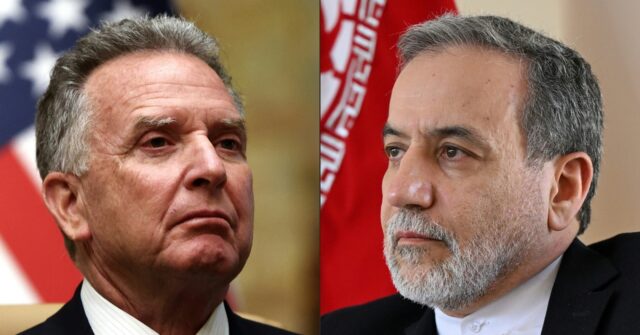Israeli airstrikes target key Iranian nuclear and military sites

Israeli airstrikes target key Iranian nuclear and military sites
TEHRAN: In a significant escalation, Israel has launched extensive airstrikes targeting various Iranian nuclear and military installations.
Among those reportedly killed are Major General Hossein Salami, Commander of the Islamic Revolutionary Guard Corps (IRGC), and prominent nuclear scientists Fereydoon Abbasi and Mohammad Mehdi Tehranchi.
According to Iranian state media, the attacks took place early Friday morning in northern, western, and central areas of Tehran. Loud explosions were heard across the capital, and plumes of smoke were seen rising from several locations.
In the immediate aftermath of the strikes, all flights at Tehran’s Imam Khomeini International Airport were suspended, and the country’s air defense systems were placed on high alert nationwide.
Iranian media confirmed the deaths of IRGC chief Major General Hossein Salami, Khatam al-Anbiya Headquarters Commander Major General Gholam Ali Rashid, and nuclear scientists Fereydoon Abbasi and Mohammad Mehdi Tehranchi. Ali Shamkhani, senior advisor and former secretary of Iran’s Supreme National Security Council, was reportedly seriously injured in the strikes.
In addition to military targets, an Israeli missile strike reportedly hit a residential area in Tehran, resulting in multiple civilian deaths. Local sources confirm that children are among the victims.
According to a leading American newspaper, the Israeli offensive targeted six military installations, including the residences of senior Iranian military commanders.
The Israeli military announced that the first phase of its assault on Iran has been completed. The operation involved strikes on numerous military targets, including Iran’s nuclear facilities. Israeli officials indicated that the conflict could extend for up to two weeks.
The campaign, codenamed “Operation Rising Line,” aims to cripple Iran’s nuclear capabilities and destroy its ballistic missile production infrastructure.
Tensions continue to rise as regional and international actors brace for the potential fallout from this rapidly unfolding conflict.
Israeli Prime Minister Benjamin Netanyahu defended the operation, stating that the attacks were aimed at the “Iranian dictatorship,” not the Iranian people.
Iranian Supreme Leader Ayatollah Ali Khamenei condemned the strikes as a “heinous crime by the Zionist regime” and warned that Israel will face severe consequences. He vowed that Iran’s armed forces will not rest until a response is delivered.
General Abolfazl Shekarchi, spokesperson for Iran’s Armed Forces, issued a stern warning, stating that both Israel and the United States will have to pay the price for the attack.
In a further escalation, Iran has closed its airspace and announced that preparations for a major retaliatory strike are complete.
As regional tensions spike, the international community watches closely, concerned that the conflict could spiral into a broader war.
According to Israeli military officials, the attacks were launched to prevent Iran from acquiring a nuclear weapon, claiming Tehran was “dangerously close” to building a bomb. Israel has declared a state of emergency, anticipating possible retaliation, and said operations may continue for several more days.
U.S. Secretary of State Marco Rubio clarified that the United States was not involved in the Israeli operation. He stressed that Washington’s top priority is the safety of U.S. forces stationed across the Middle East.
Rubio added that Israel viewed the strikes as essential to its national defense.
The attack comes at a sensitive moment, as indirect nuclear talks between the United States and Iran were reportedly scheduled to begin. The strikes now cast serious doubt over the future of diplomatic engagement.










